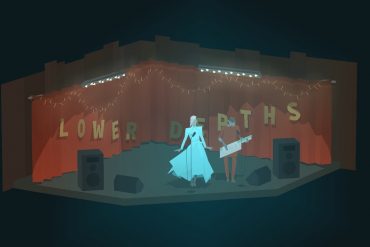October 28th
…Games Tauriq Moosa makes the case for game critics taking the labor context of games into consideration in their reviews.
“Why have video games emerged in this moment, growing as the earlier visual media forms have stagnated, losing audiences and drifting toward the margins of culture? What has the medium’s material role been under capitalism? How has it reflected or shaped the specific ways capitalism has developed since 1973, when the series of crises that…








